Please watch and share the campaign video
THE SEXUAL ABUSE OF BOYS IS A NEGLECTED ISSUE
Boys are often overlooked as victims of CSEA (child sexual exploitation and abuse), both in legislation protecting children from sexual violence and in government action plans.
Studies show that girls are more likely to experience CSEA than boys, with 8% of boys and 18% of girls globally estimated to be abused before the age of 18 (Stoltenbourgh et al, 2011). Although in some countries, boys are abused at higher rates than girls (Economist Intelligence Unit, 2020).
It is possible that boys and girls are abused at similar rates worldwide, but that more boys stay silent about their experiences. UNICEF reports that this can occur for many reasons, including: concerns about questions being raised about their sexual orientation, afraid of not being believed, not realising that they have been abused, and thinking that no one will help them (2021).
Globally, it is estimated that 8% of boys and 18% of girls are abused before the age of 18 (Stoltenbourgh et al, 2011).
In England and Wales, 5% of boys and 15% of girls experience some form of sexual abuse before the age of 16 (Centre of Expertise on Child Sexual Abuse, 2018).
Over ⅔ of children who are sexually abused or exploited do not tell anyone what is happening to them (Independent Inquiry into Child Sexual Abuse, 2021).
Boys are more likely to stay silent, often due to concerns that their sexual orientation will be questioned or that no-one will help them (UNICEF, 2021).
In the dissemination of child sexual exploitation material on the internet, boys are subjected to abuse of increased severity (ECPAT and INTERPOL, 2018).
WHY WE NEED
TO TALK
ABOUT IT
We believe we must challenge the social stigma surrounding the abuse of boys, which leads many boys to stay silent, and the pervasive misconception that boys cannot be victims of sexual abuse.
We must take steps to address the vulnerabilities of some boys to abuse and exploitation. For a variety of reasons and in specific contexts, many times boys are increasingly vulnerable to CSEA. Boys who are gay or questioning their sexual orientation may be more vulnerable to online solicitation (Wolak et al, 2008). In the dissemination of child sexual abuse material on the internet, boys are subjected to abuse of increased severity (ECPAT and INTERPOL, 2018).
We must ensure that the sexual abuse and exploitation of boys, as well as that of girls and non-binary individuals, is addressed in government policy, legislation, and civil society action.
Recent media coverage and disclosures by survivors of the abuse of children in sport have highlighted the issue.
It is vital that we fight to protect all children from abuse and exploitation.
WAYS TO SUPPORT
We are launching a digital campaign to raise awareness and spark conversation on May 28th, ahead of the 2021 UEFA European Football Champions this summer.
Learn the signs to look out for and talk about it on your social media.

PARTNERS

FRIENDS

